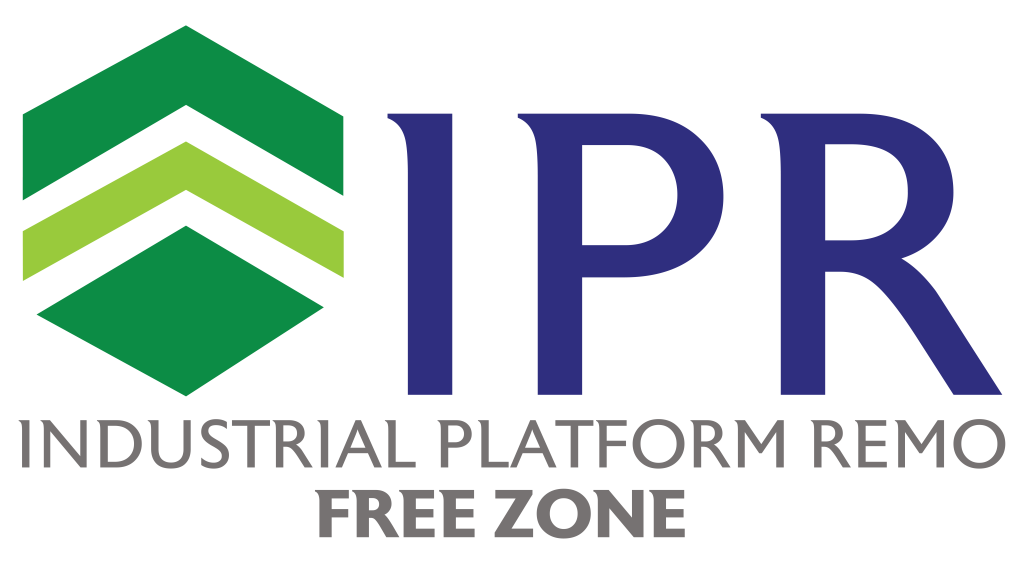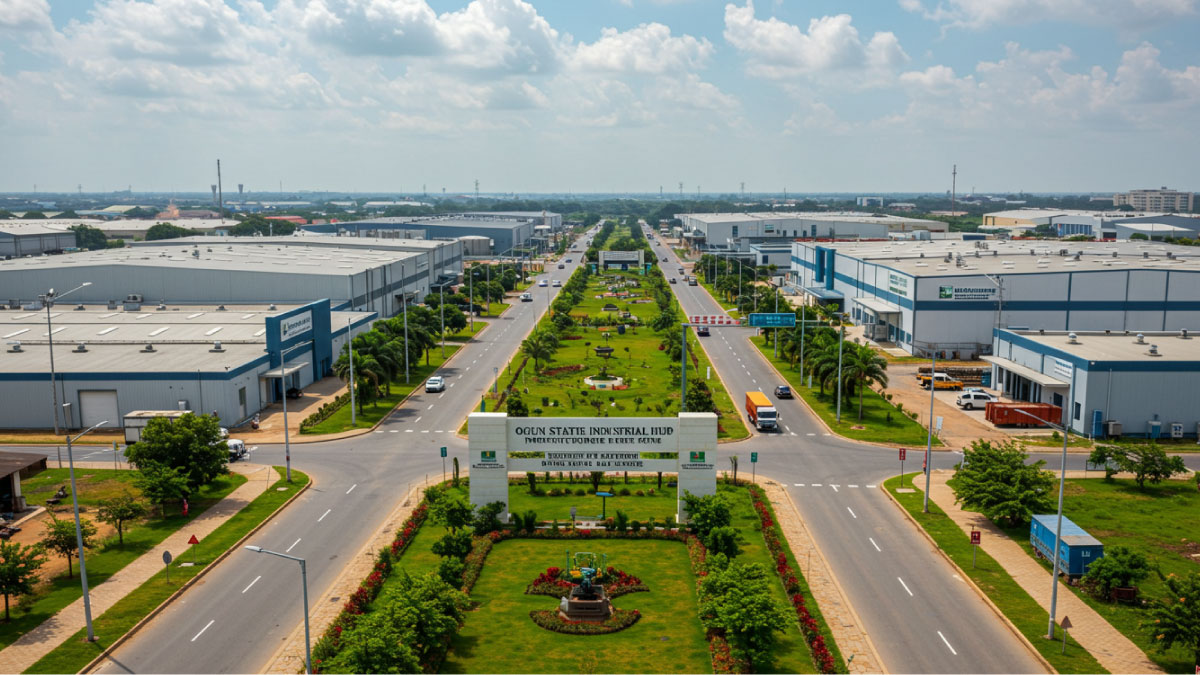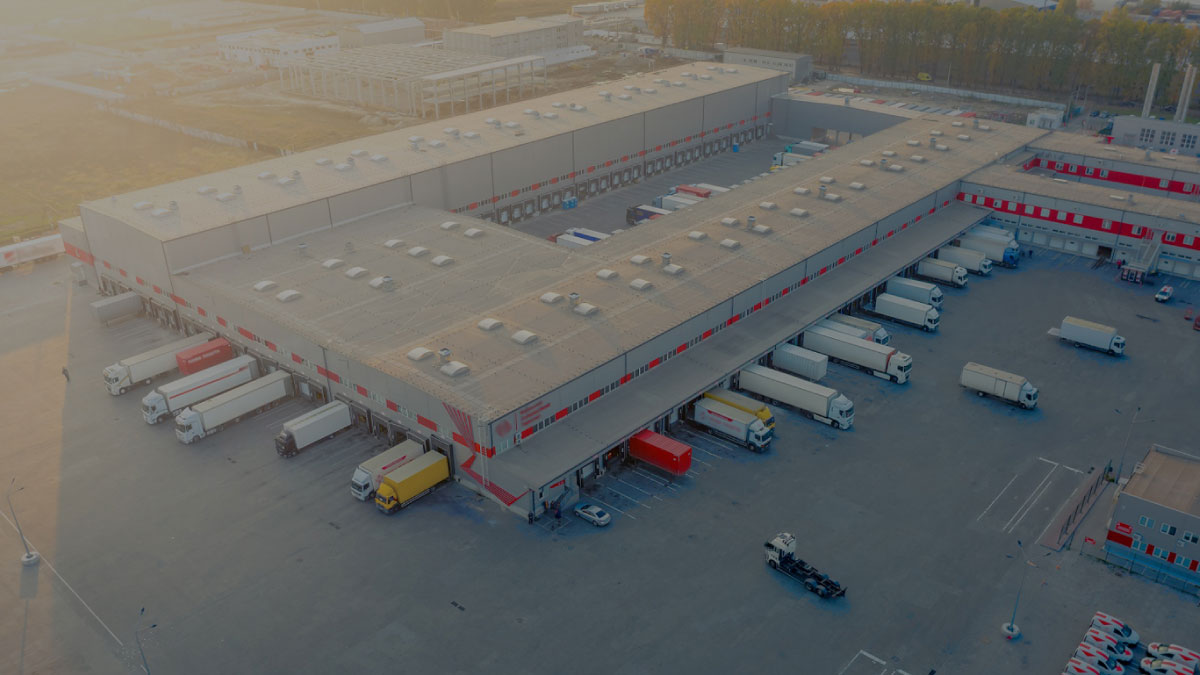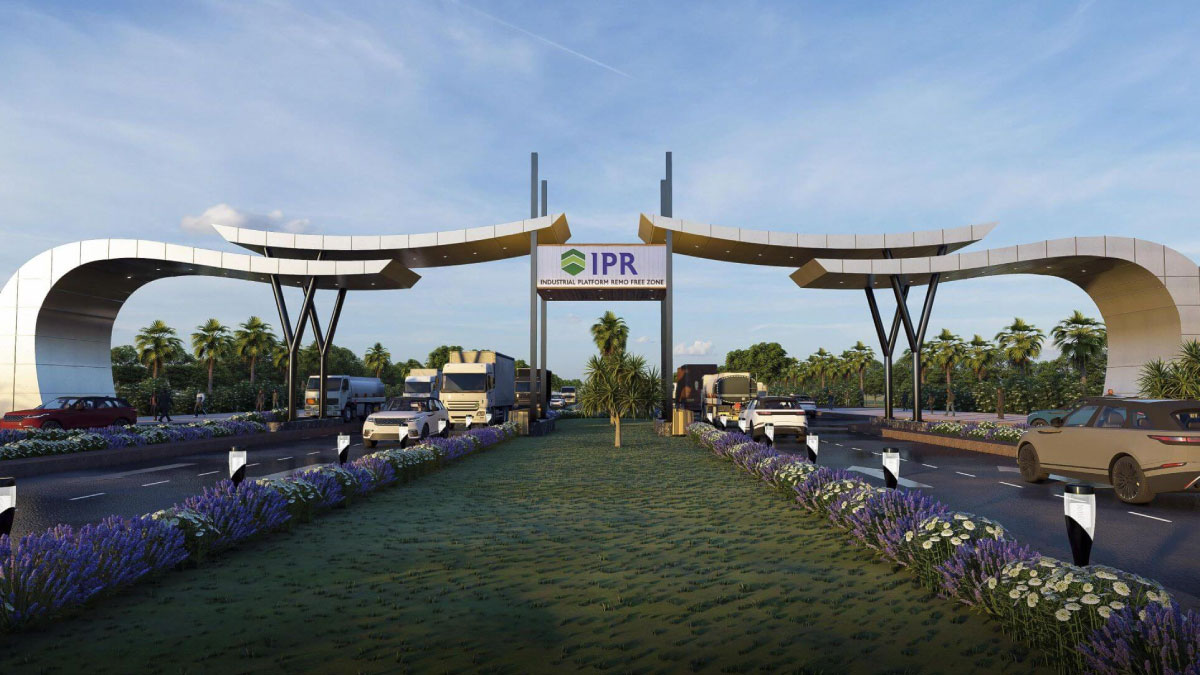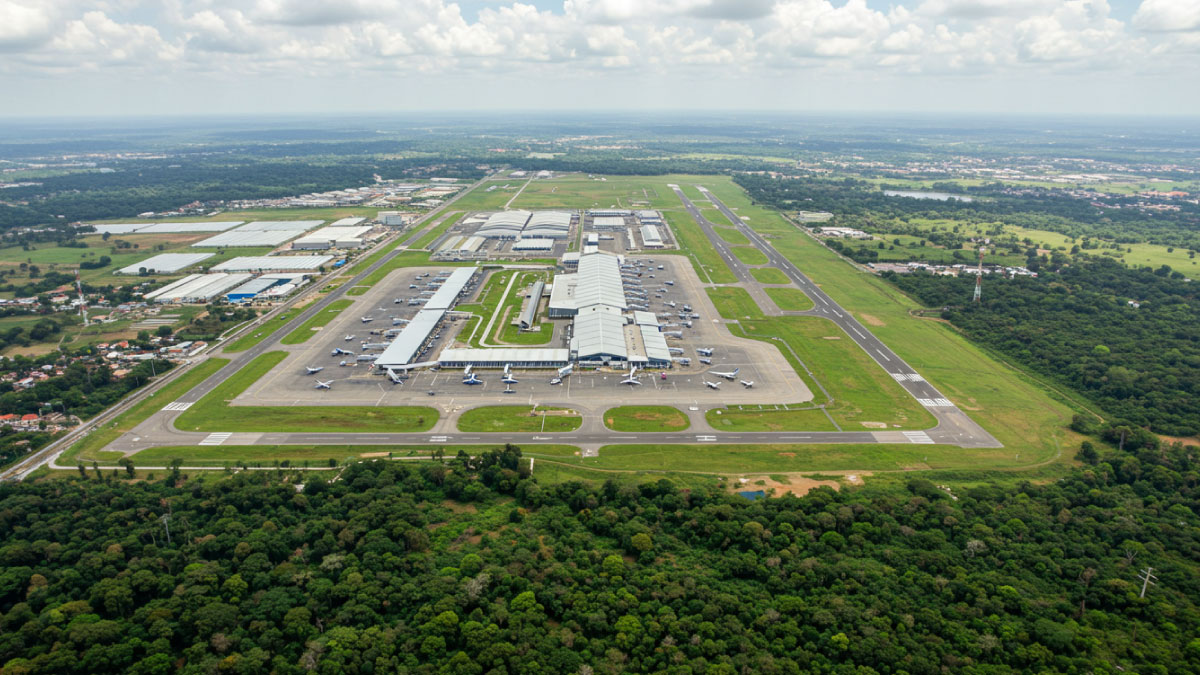In the interconnected global economy, businesses are constantly seeking strategic advantages to enhance their competitiveness.
One of such effective assets is a Free Zone (FZ), also known as a Free Trade Zone (FTZs), Special Economic Zone (SEZ), or Export Processing Zone (EPZ) in some regions. According to fDi Intelligence, the World Free Zones Organization (WFZO) now counts more than over 7,000 free zones globally, up from 5,400 in 2018.
But what exactly is a free zone, and how can it benefit businesses, particularly within a dynamic market like Nigeria?
Think of a free zone as a designated geographical area within a country’s borders where goods can be landed, handled, manufactured, or configured, and re-exported without the intervention of the customs authorities. Essentially, it’s a space where normal customs duties, quotas, and certain regulations don’t apply, at least until the goods enter the domestic market.
This guide will delve into the purpose, benefits, operational aspects, and growing relevance of free zones, both globally and within the Nigerian context.
Why Do Free Zones Exist?
The establishment of free zones serves several key economic objectives for host countries:
• Attracting Foreign Direct Investment (FDI)
By offering a business-friendly environment with reduced tariffs and streamlined procedures, free zones become magnets for international companies. In 2023 alone, free zones accounted for nearly 5% of all FDI projects worldwide, marking a record high.
• Boosting Export-Oriented Industries
Free zones provide a competitive edge by reducing operational costs and simplifying customs for goods destined for international markets, leading to increased export volumes.
• Creating Employment Opportunities
The concentration of businesses and manufacturing within free zones generates numerous jobs, contributing to local economic development.
• Facilitating Technology Transfer and Innovation
The presence of international companies can introduce new technologies, management expertise, and innovative practices to the host country.
• Streamlining Customs Procedures
Simplified and faster customs clearance within free zone boundaries minimises delays and costs associated with international trade.
• Promoting Regional Development
Strategic placement of free zones can stimulate economic activity and infrastructure development in specific regions.

The Advantages of Operating Within a Free Zone
Businesses operating within a free zone can gain numerous benefits:
1. Duty Deferral and Exemption: Customs duties and taxes are typically not levied on goods entering a free zone until they move into the domestic market. No duties are paid on re-exported goods, improving cash flow.
2. Reduced Customs Procedures: Simplified and faster customs processes within free zones minimize delays and costs.
3. Logistics & Supply Chain Optimisation: Free zones serve as strategic hubs for warehousing, distribution, and light manufacturing, optimising supply chains and reducing transportation costs.
4. Value-Added Activities: Activities like assembly, processing, labelling, and packaging can occur within a free zone without immediate customs duties.
5. Access to Infrastructure & Services: Many free zones offer well-developed infrastructure, including transportation links and utilities.
6. Competitive Operating Costs: Beyond duty exemptions, some free zones offer incentives like tax holidays and reduced utility rates.
Free Zones in Nigeria: A Growing Landscape
Nigeria recognizes the potential of FZs for economic growth and investment. The Nigeria Export Processing Zones Authority (NEPZA) reports over 40 licensed free zones in Nigeria, housing over 500 licensed enterprises. These zones focus on sectors like manufacturing, oil and gas, and logistics.
Nigerian free zones aim to:
• Boost non-oil exports
• Attract local and foreign investment
• Create employment for Nigerians
• Facilitate technology and skills transfer
The Nigeria Export Processing Zones Authority (NEPZA) reported attracting a total of $364.6 million in Foreign Direct Investment (FDI) from 2020 to the first quarter of 2023, averaging approximately $91 million per year over that period.
Navigating the Operational Aspects of a Free Zone
Operating within a free zone involves understanding specific regulations and procedures managed by a designated authority. Key aspects include:
• Entry & Exit of Goods: Documenting the movement of goods into and out of a free zone is required, even with duty deferral.
• Inventory Management: Detailed record-keeping of inventory is typically mandatory for businesses within free zones.
• Security & Compliance: Security protocols and compliance requirements are in place to prevent illicit activities.
• Domestic Market Entry: Moving goods from a free zone into the domestic market triggers the application of prevailing customs duties and taxes.
Businesses considering operating within a specific free zone should thoroughly research applicable regulations, the governing authority, and the benefits and requirements it offers.
Conclusion
Free Zones are vital instruments for fostering economic growth, attracting investment, and facilitating international trade. Their unique environment, offering reduced customs burdens and streamlined procedures, provides significant advantages for businesses seeking global expansion. As Nigeria continues to develop its free zone ecosystem, including promising zones like Industrial Platform Remo Free Zone (IPRFZ), understanding their potential and operational aspects will be increasingly crucial for businesses aiming to thrive in the competitive global marketplace.
Are goods manufactured in a free zone considered to be from the host country
The origin of goods manufactured in a free zone can be complex and often depends on the specific rules of origin established by the importing country. Significant transformation within the free zone can sometimes qualify the goods as originating from the host country.
What types of businesses typically operate in free zones?
A wide range of businesses can operate in free zones, including those involved in manufacturing, assembly, warehousing, distribution, processing, and export-oriented services.
Are there any restrictions on the types of goods that can enter a free zone?
While free zones offer flexibility, certain prohibited or restricted goods under national laws may not be allowed. Specific free zones may also have their own restrictions based on their focus.
How do businesses apply to operate in a free zone in Nigeria?
Businesses interested in operating in a Nigerian free zone typically need to apply to the Nigeria Export Processing Zones Authority (NEPZA) or the specific zone’s management authority, providing details about their proposed activities and investment plans.
What happens to goods if a business in a free zone goes bankrupt?
The treatment of goods in a free zone in case of bankruptcy would be subject to the insolvency laws of Nigeria and the specific regulations of the free zone authority.
Can domestic goods be moved into a free zone?
Yes, domestic goods can be moved into a free zone, often to take advantage of export related services or for storage before being exported. In some cases, incentives might be available for domestic goods entering a free zone for export purposes.
How do free zones contribute to the local economy beyond job creation?
Beyond direct employment, free zones can stimulate local economies through infrastructure development, demand for local services, technology transfer, and the development of local supply chains.
